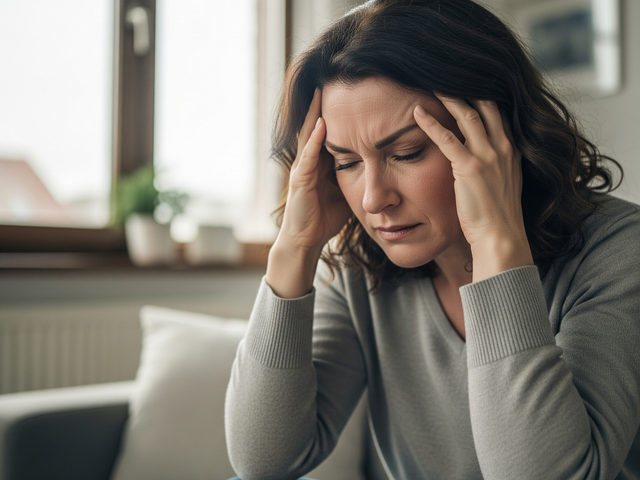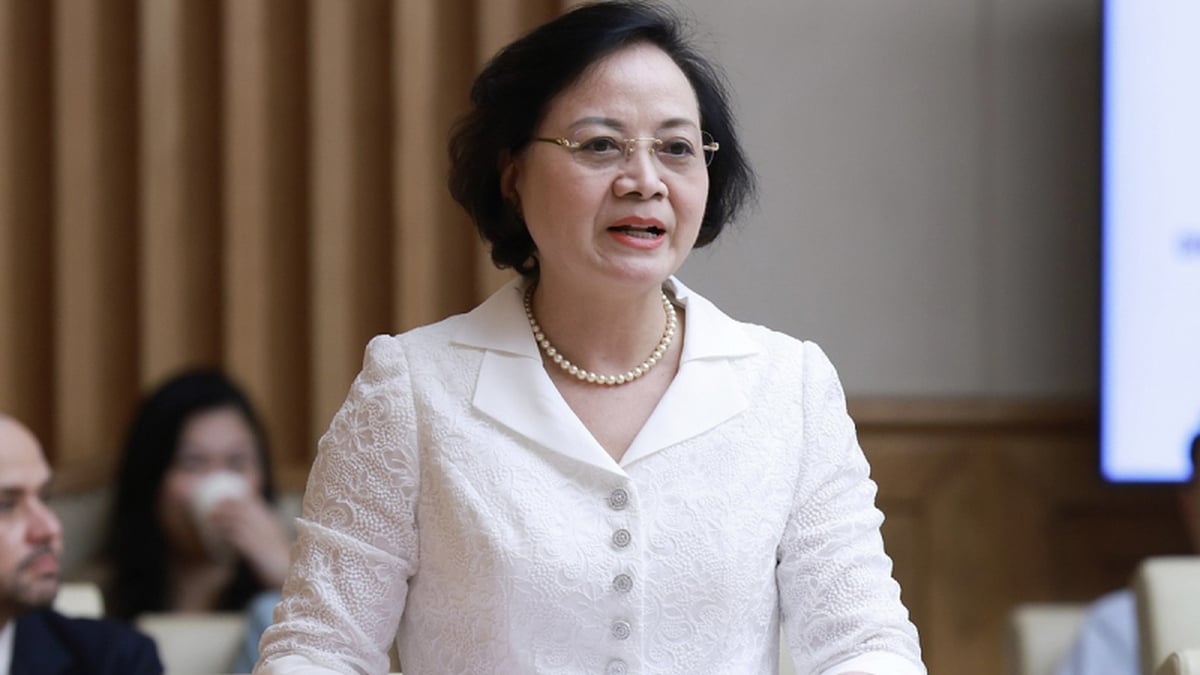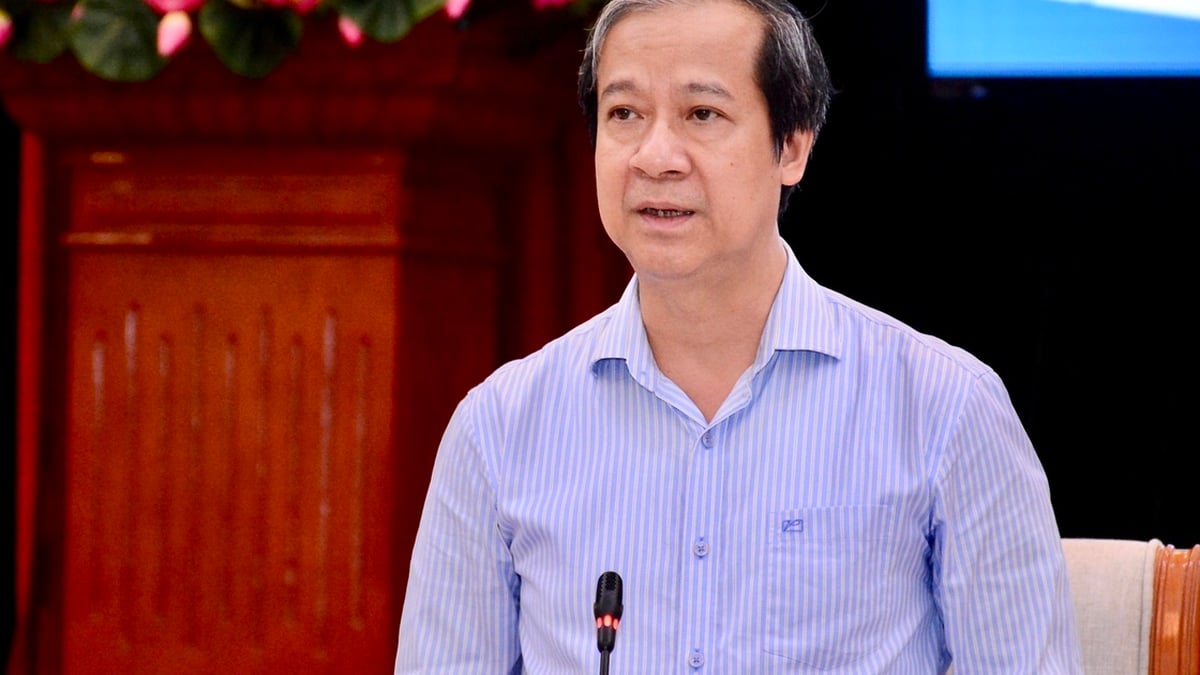There are specific headaches associated with high blood pressure, especially when blood pressure rises too high. Distinguishing between tension headaches and headaches caused by high blood pressure is extremely important, helping patients intervene promptly, according to the health website Medical News Today (UK).

Too high blood pressure can cause headaches
PHOTO: AI
In fact, headaches and high blood pressure have certain connections. Usually, headaches do not directly cause high blood pressure. However, in certain situations, severe or prolonged headaches can cause psychological stress, thereby temporarily increasing blood pressure.
According to the American Heart Association (AHA), this is a physiological response to pain or stress. The body will secrete more adrenaline and cortisol hormones, causing the heart to beat faster, blood vessels to constrict and blood pressure to increase.
In most cases, however, the relationship is reversed. High blood pressure is the cause of headaches. This is why the American Heart Association recommends not to ignore any unusual headache, especially if it is accompanied by dizziness, blurred vision, or shortness of breath.
In addition, headaches caused by high blood pressure will be different from common headaches. Headaches caused by high blood pressure often appear when blood pressure increases to very high levels, exceeding the threshold of 180/120 mmHg.
The headache in this case has some characteristics such as dull pain or strong pressure in the back of the head, feeling of heaviness in the head as if something is pressing on it, not relieved even after resting. Many cases are also accompanied by dizziness, nosebleeds, nausea, blurred vision.
Headaches caused by high blood pressure often occur in the early morning, when blood pressure is naturally highest. In contrast, tension headaches often cause a feeling of tension on both sides of the head, are mild to moderate in severity, and can improve with rest, fluids, or massage.
Treating headaches caused by high blood pressure is not as simple as taking painkillers. First, the patient needs to measure blood pressure immediately to determine the cause. If blood pressure is above 180/120 mmHg and accompanied by serious symptoms such as chest pain, shortness of breath, visual disturbances, call an ambulance immediately. This may be a dangerous condition of high blood pressure and requires urgent medical intervention.
In milder cases, your doctor may prescribe blood pressure medications or vasodilators. In addition, reducing salt intake, losing weight, exercising, quitting smoking, and managing stress can also help control blood pressure, according to Medical News Today .
Source: https://thanhnien.vn/nhuc-dau-khi-nao-la-dau-hieu-canh-bao-huyet-ap-tang-qua-cao-185250613130916625.htm


































































































Comment (0)